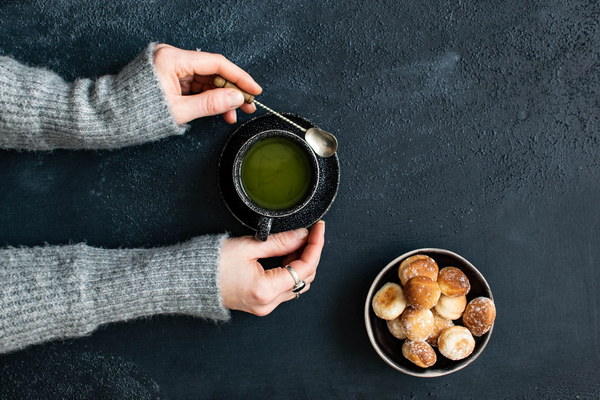Is Rose Tea a HealthBoosting Beverage
Introduction:
In recent years, rose tea has gained popularity as a delightful beverage that not only quenches thirst but also offers numerous health benefits. However, the question arises: Is rose tea truly an elixir of wellness, or is it just a fashionable drink? In this article, we will delve into the world of rose tea and explore its potential as a health-boosting beverage.
1. Origin and Composition:
Rose tea, also known as rose petal tea, is made by infusing dried rose petals with hot water. The flowers used can vary, but the most common types are the Damask rose and the Rosa gallica. These petals contain various compounds, including antioxidants, vitamins, and essential oils, which contribute to their health benefits.
2. Antioxidant Properties:
One of the primary reasons why rose tea is considered a health-boosting beverage is its high content of antioxidants. Antioxidants help combat free radicals, which are unstable molecules that can damage cells and contribute to aging and diseases such as cancer. Rose tea's antioxidants have been shown to have anti-inflammatory, anti-aging, and anti-carcinogenic properties.
3. Mental Health Benefits:
Rose tea has a calming effect on the mind and can help reduce stress levels. The essential oils present in the petals can enhance relaxation and improve mood. Drinking rose tea before bedtime may promote better sleep and help alleviate anxiety.
4. Digestive Health:
Rose tea is known for its gentle laxative properties, making it a beneficial beverage for those suffering from constipation. The natural compounds in rose petals can help regulate bowel movements and support digestive health.
5. Skin and Hair Benefits:
The antioxidants and vitamins in rose tea can have a positive impact on the skin and hair. Regular consumption may improve skin elasticity, reduce acne, and promote hair growth. The hydrating properties of rose tea can also leave the skin feeling soft and supple.
6. Cardiovascular Health:

Rose tea may contribute to cardiovascular health by improving blood circulation. The antioxidants present in the petals can help lower cholesterol levels and reduce the risk of heart disease.
7. Menstrual Health:
For women, rose tea has been traditionally used to alleviate menstrual discomfort. The anti-inflammatory properties of rose petals can help reduce cramps and regulate menstrual cycles.
8. Potential Risks and Side Effects:
While rose tea offers numerous health benefits, it is important to note that some individuals may experience adverse reactions. Those with allergies to roses or other flowering plants should avoid consuming rose tea. Additionally, excessive consumption may lead to stomach discomfort or allergic reactions in some cases.
Conclusion:
In conclusion, rose tea can indeed be considered a health-boosting beverage. Its rich composition of antioxidants, vitamins, and essential oils provides numerous benefits for both the mind and body. However, as with any dietary supplement, it is essential to consume rose tea in moderation and consult with a healthcare professional if you have any concerns or pre-existing medical conditions. So, the next time you sip on a cup of rose tea, remember its potential to enhance your overall well-being.









